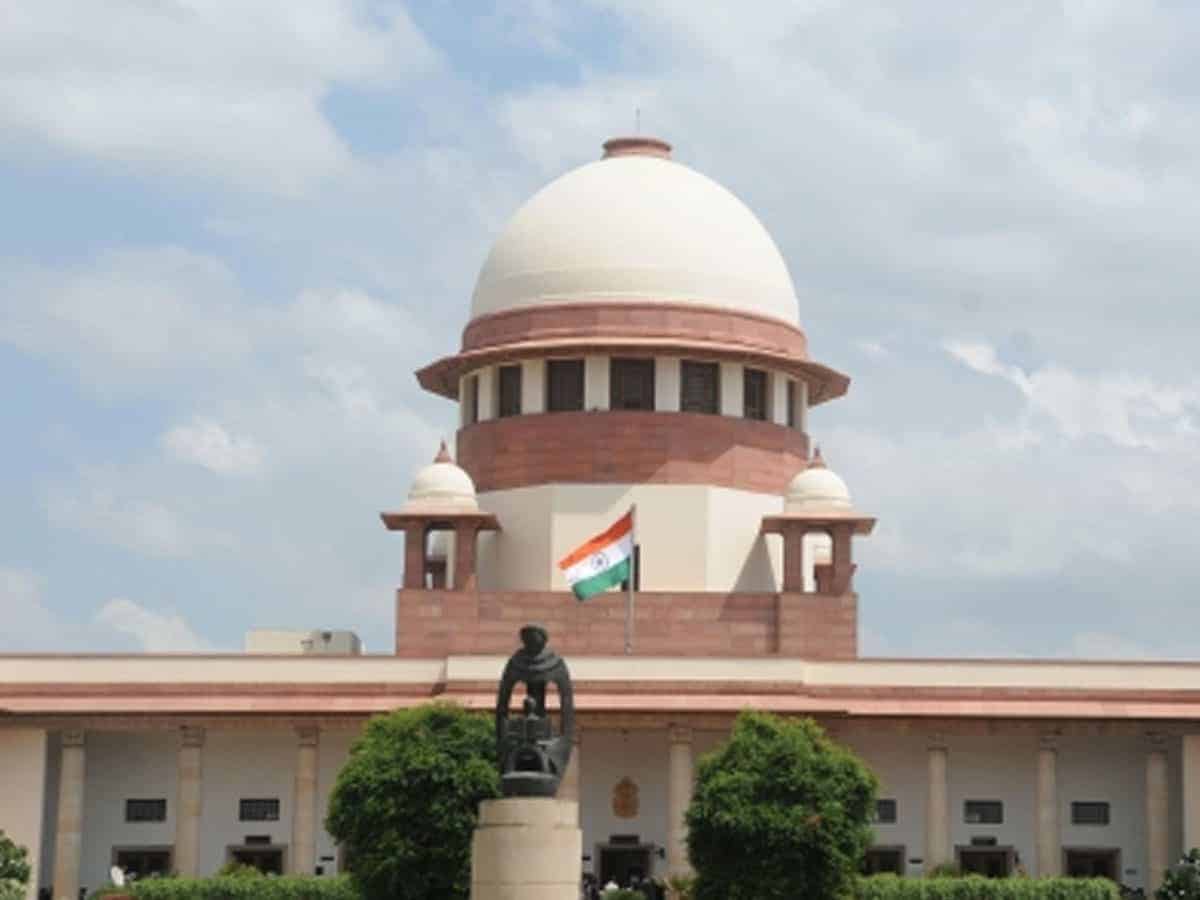
New Delhi: The Supreme Court asked on Monday whether it can hear a range of pleas including PILs seeking a direction to the Centre to make religion and gender-neutral uniform laws governing subjects like marriage, divorce, inheritance and alimony.
A bench headed by Chief Justice D Y Chandrachud made the observations about the scope of judicial powers with regard to issues falling within the legislative domain, and adjourned the hearing on as many as 17 petitions, including several PILs, on the issue by four weeks.
“The question is to what extent the court can intervene in these matters as the issues fall under the legislative domain,” said the bench, which also comprised justices P S Narasimha and J B Pardiwala.
Solicitor General Tushar Mehta said, “In principle, so far as I am concerned, there cannot be any objection to gender-neutral uniform laws applicable to all equally. It is for the Lordships to consider as to what can be done on the judicial side.”
At the outset, senior advocate Kapil Sibal, appearing for a party, said he has a preliminary objection to the PILs filed by lawyer Ashwini Updhyay.
“Look at the prayers. Can such prayers be made before this court. This is for the government to decide whatever they wish to make (gender and religion-neutral uniform laws). The court had asked him (Upadhyay) last time as to what is the basis of these PILs,” Sibal said.
“I can understand if these issues are taken up individually… These are for the government to decide… If the government wants to take it up, we have no problem,” the senior lawyer said.
This court should not issue even “a prima facie order” in this matter as it falls entirely in the domain of the government, he said.
Senior advocate Gopal Sankarnarayanan, appearing for Updhyay, opposed the submissions of Sibal and said there have been individual petitions also and, in one of them, a Muslim woman said she wanted the personal laws, governing her, to be gender neutral.
“It can be done by judiciary to a certain extent,” Sankarnarayanan said.
The bench then asked the lawyers to provide a list of prayers made in the PILs and other petitions and decided to hear them after four weeks.
The bench said it will decide whether it can hear the pleas.
The bench was hearing petitions seeking a direction to the government for enacting uniform religion and gender-neutral laws on a wide variety of issues.
Advocate petitioner Ashwini Upadhyay has filed five separate petitions seeking direction to the Centre to frame religion and gender-neutral uniform laws for divorce, adoption, guardianship, succession, inheritance, maintenance, marriage age, and alimony.
Upadhyay, in August 2020, filed a PIL seeking “uniform grounds of divorce” for all citizens, in keeping with the spirit of the Constitution and international conventions.
He filed another PIL through advocate Ashwani Kumar Dubey seeking “gender and religion-neutral” uniform grounds of maintenance and alimony for all citizens in line with the spirit of the Constitution and international conventions.
In another PIL, he sought the removal of anomalies in laws governing adoption and guardianship and to make them uniform for all citizens.
He also filed a petition seeking removal of anomalies in succession and inheritance laws and making them uniform for all.



